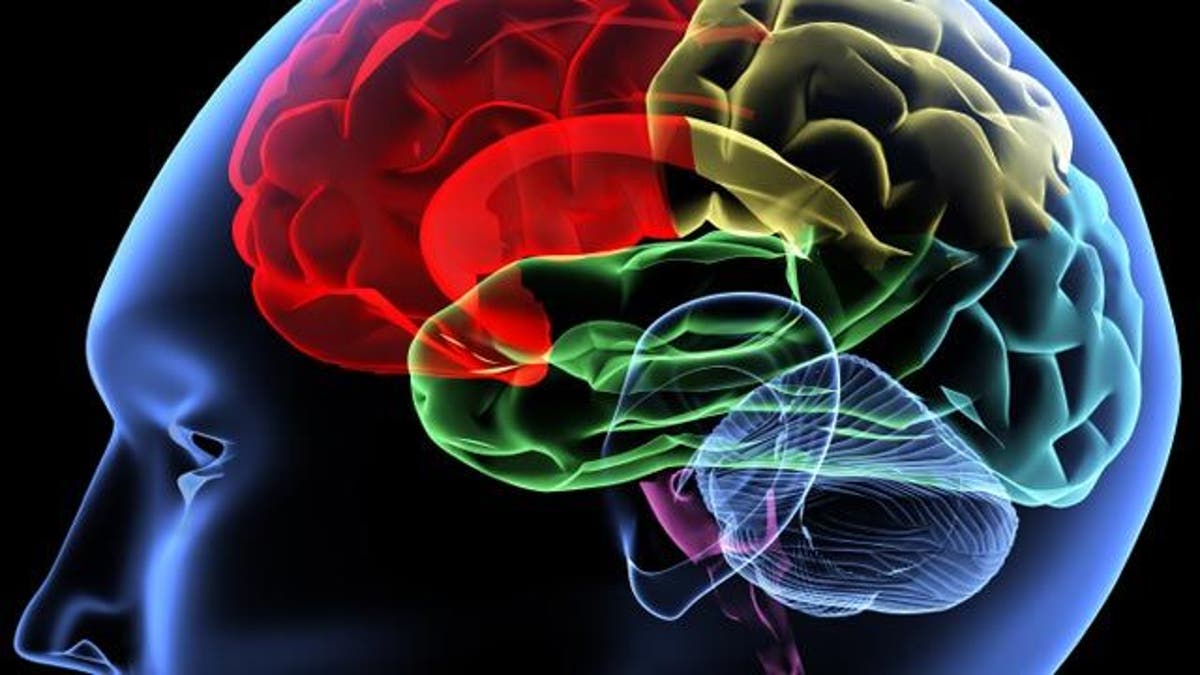
Stress may be linked to short-term memory loss in older adults, according to a new study published in the Journal of Neuroscience.
As people age, they may experience varying degrees of cognitive decline. Researchers from the University of Iowa sought to understand how exposure to stress might impact these changes.
For their study, the researchers measured levels of the stress hormone corticosterone in groups of older and younger rats. Corticosterone is comparable to the stress hormone cortisol in humans. The researchers then examined cells in the rats’ prefrontal cortex – the region of the brain involved in short-term memory. They found that older rats with high levels of corticosterone had fewer connections between cells in the prefrontal cortex compared to older rats with lower levels of the stress hormone.
In younger rats, the connections between these cells did not appear to be affected by stress.
"Older animals with higher levels of stress hormones in their blood have 'older' frontal cortexes than animals with less stress hormones," Robert Sapolsky, a professor at Stanford University and an expert on the damaging effects of long-term stress, said in a press release. "Thus, stress may act as a pacemaker of aging in this key brain region."
Sapolsky was not involved in the study.
Older animals with high levels of the stress hormone also performed worse in a test requiring them to employ short-term memory to locate food within a maze, compared to older rats with lower levels of the hormone.
Study author Jason J. Radley, of the University of Iowa, noted that stress hormones are not the only factor influencing cognitive decline during aging.
"Nonetheless, this study suggests that the effects of these stress hormones on the brain may be much more widespread than we previously thought,” he said in a press release.
